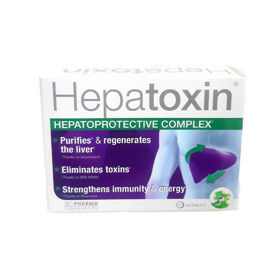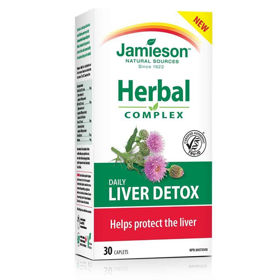Customer question:
Is the last stage of liver cirrhosis fatal? Anonymous customer's question
Pharmacist's answer:
Yes, the last stage of liver cirrhosis, often called decompensated cirrhosis, can often be fatal. In decompensated cirrhosis, the liver loses its functionality and ability to perform essential tasks, such as detoxification, production of vital proteins, and regulation of various metabolic processes.
Patients with decompensated cirrhosis are prone to severe complications, including ascites (accumulation of fluid in the abdominal cavity), hepatic encephalopathy (impaired consciousness and brain function), varices (dilated veins in the esophagus and stomach), and liver failure. Liver failure can be fatal if not urgently treated with a liver transplant.
It is important to emphasize that not all patients with cirrhosis progress to the decompensated stage and that with proper management and risk reduction, the progression of the disease can be slowed down or even stopped. However, decompensated cirrhosis is a severe and potentially fatal condition that requires careful monitoring and treatment.
How common is death from cirrhosis of the liver?
Liver cirrhosis is a significant cause of morbidity and mortality worldwide and is the leading cause of liver-related death. The World Health Organization (WHO) estimates that cirrhosis and other chronic liver diseases are responsible for a large number of deaths worldwide.
Exact prevalence and death rates may vary over time and across regions due to factors such as alcohol consumption, hepatitis virus infection (especially hepatitis B and C), obesity, and nonalcoholic fatty liver disease.
Preventive measures, early diagnosis, lifestyle changes, and effective treatment of underlying liver disease can help reduce the incidence of cirrhosis and associated mortality. Individuals must be aware of the risk factors for cirrhosis and, if necessary, seek medical help and change or correct their lifestyle to reduce the risk of developing this condition.
Interesting reading: Cirrhosis of the liver life-span













